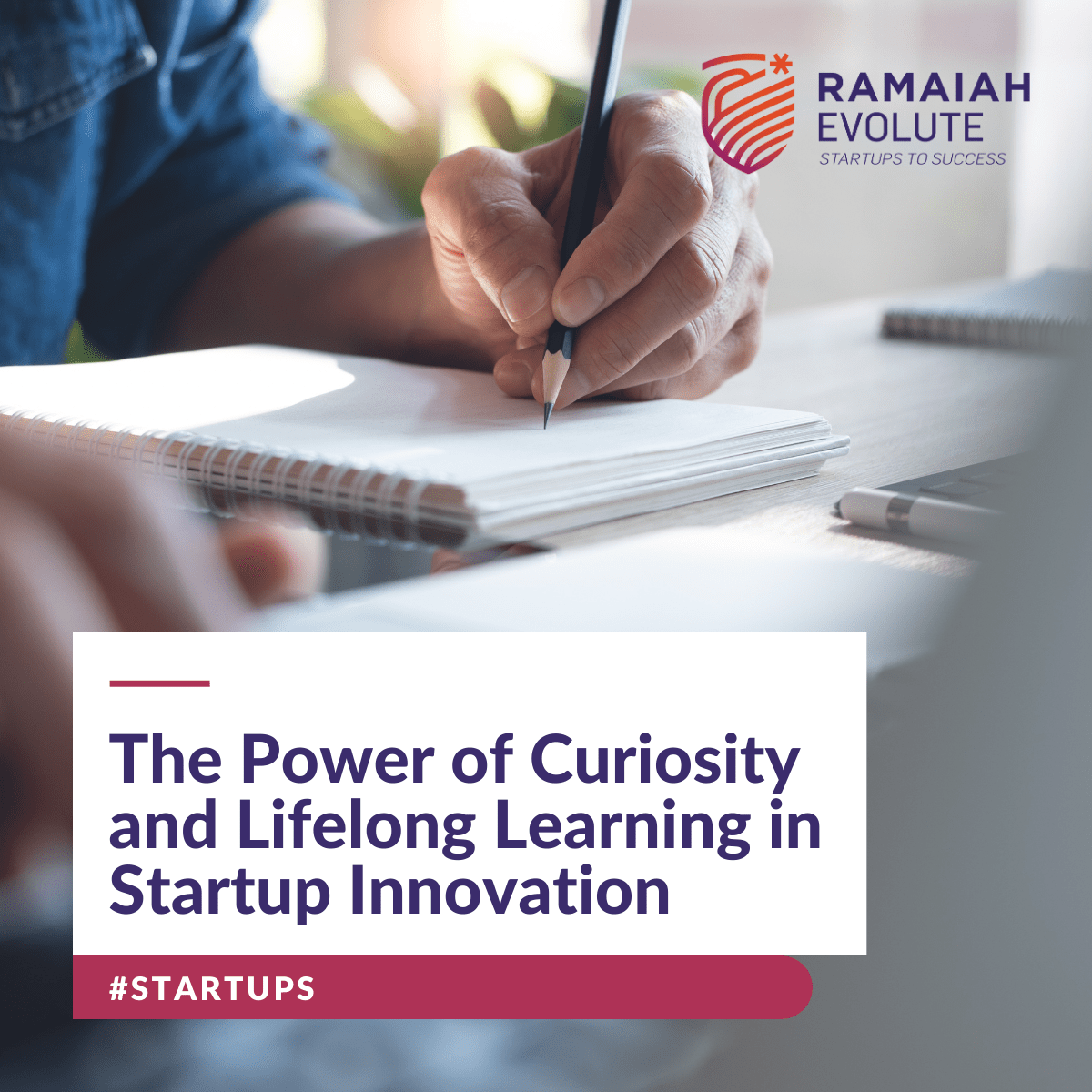The Power of Curiosity and Lifelong Learning in Startup Innovation

In the ever-evolving world of startups, success is often determined by an organization’s ability to innovate and stay ahead of the competition. At the heart of this innovation lies curiosity and the relentless pursuit of knowledge. As the famous saying goes, “The more you know, the more you can innovate.” In this article, we explore the vital role that curiosity and continuous learning play in driving startup innovation. We will also delve into real-world examples of startups that have embraced these principles and achieved remarkable success.
The Curiosity-Innovation Connection
Curiosity is the engine that drives innovation. It fuels a thirst for knowledge, inspires creativity, and opens doors to unexplored territories. When entrepreneurs and startup teams approach challenges with curiosity, they are more likely to discover unique solutions and uncover opportunities that others may have overlooked.
- Encourages Problem-Solving : Curiosity encourages individuals to seek solutions to complex problems. It prompts entrepreneurs to ask questions, challenge assumptions, and find innovative ways to address market gaps.
- Promotes a Growth Mindset : A growth mindset is essential for entrepreneurs to embrace challenges, learn from failures, and continuously improve their ideas and products.
- Sparks Creativity : Curiosity triggers creativity and inspires the generation of new ideas and perspectives.
- Fosters Adaptability : Curious entrepreneurs are more likely to adapt to changing market conditions and embrace disruptive technologies.
Startup Examples : The Curious Innovators
- Google : Google’s founders, Larry Page and Sergey Brin, built the company on a foundation of curiosity. Their insatiable curiosity about the web and information retrieval led to the creation of the world’s most widely used search engine. Google continues to foster a culture of curiosity, encouraging its employees to dedicate time to explore new ideas and concepts.
- SpaceX : Elon Musk’s space exploration company, SpaceX, is a shining example of curiosity driving innovation. Musk’s fascination with space and the dream of making humans a multi-planetary species has propelled SpaceX to achieve milestones previously thought impossible.
The Role of Lifelong Learning
Lifelong learning is the practice of continuously seeking knowledge and skills throughout one’s life. For entrepreneurs, the learning journey never ends, as industries and markets are in a constant state of change. Embracing lifelong learning provides a multitude of benefits for startups.
- Keeping Abreast of Trends : Lifelong learning allows entrepreneurs to stay updated with the latest industry trends, emerging technologies, and customer preferences.
- Enhancing Problem-Solving Abilities : The more knowledge and expertise entrepreneurs accumulate, the better equipped they are to tackle complex challenges.
- Fostering a Culture of Learning : Startup leaders who prioritize learning create a culture of continuous improvement and growth within their organizations.
- Leveraging Diverse Perspectives : Learning from different sources and disciplines broadens entrepreneurs’ perspectives, enabling them to connect seemingly unrelated ideas and innovate more effectively.
Startup Examples : The Lifelong Learners
- Amazon : Jeff Bezos, the founder of Amazon, is renowned for his dedication to learning. He reads widely and encourages Amazon’s employees to embrace a learning mindset. This commitment to lifelong learning has enabled Amazon to expand its offerings and transform from an online bookstore into a tech and e-commerce giant.
- Airbnb : Airbnb’s founders, Brian Chesky, Joe Gebbia, and Nathan Blecharczyk, continuously sought feedback, attended industry conferences, and learned from experienced mentors. This approach helped Airbnb gain insights and evolve its business model, leading to its immense success in the hospitality industry.
Creating a Learning-Oriented Startup Culture
- Supportive Leadership : Leaders should set an example by being avid learners themselves and encouraging their teams to prioritize learning.
- Learning Opportunities : Offer employees access to workshops, training programs, and resources that foster personal and professional growth.
- Embrace Failure : Create a safe space for experimentation and learning from failures. Celebrate the lessons learned from unsuccessful endeavors.
- Collaborative Learning : Encourage knowledge-sharing among team members, fostering an environment where diverse expertise enhances overall learning.
Conclusion
In the fast-paced world of startups, curiosity and lifelong learning are the pillars of success. Startups that cultivate curiosity continuously explore new possibilities and innovate. Embracing a culture of lifelong learning ensures that entrepreneurs and their teams stay relevant, adaptive, and at the forefront of industry trends. By staying curious and committing to lifelong learning, startups can position themselves to thrive, create lasting impact, and shape the future. Remember, the more you know, the more you can innovate.
SHARE

